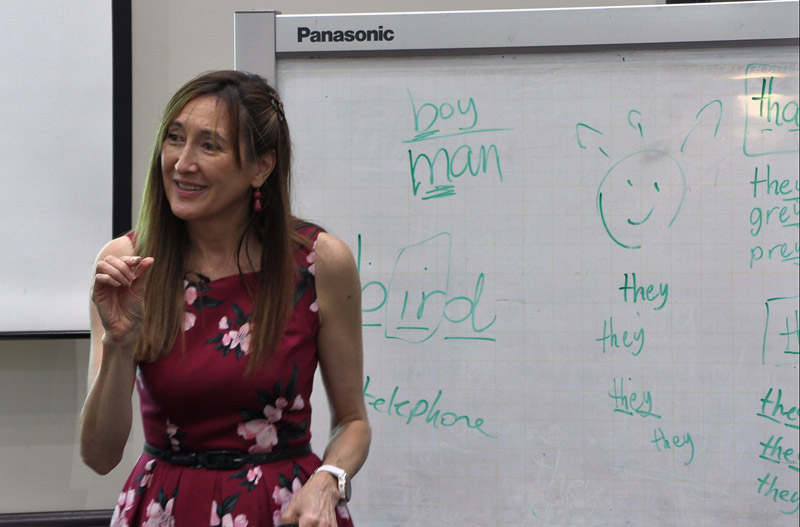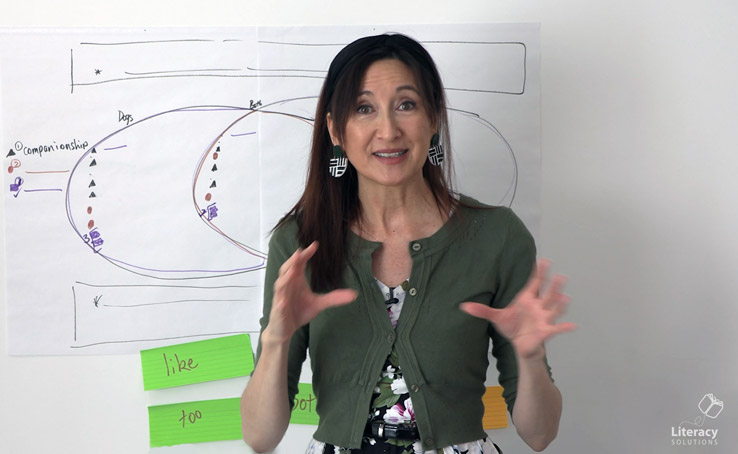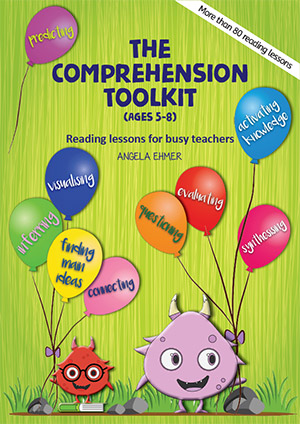The 5 Critical Classroom Strategies
2-day event for beginning and returning teachers.
Overview
A two-day event to get your teachers off to the best start. It is easier and more efficient to establish and practise positive habits early-on than it is to break bad habits later.
Across two days, teachers will learn the five strategies for high-impact teaching, the research which underpins them and how to apply them.
What teachers say, do and think matters. It shapes the classroom environment, relationships with students and students' attitudes to learning. It impacts how teachers plan, what they teach, how they teach it and to whom. It impacts not only what students do but also the ongoing yield. Exceptional teachers are intentional. Being intentional involves ongoing knowledge-building, creating and consolidating relationships with learners, and refining and understanding teaching practices and content as these relate to texts, topics and learners.
Teachers establish relationships and create environments in which stability, cooperation, and mutual respect are prevalent. They build a love of learning while also setting a clear purpose for learning. They teach for assured success … not with hope, but with positive expectation. However, teachers must also be skilled at identifying challenges and making judgments to resolve them. Whether issues are related to attitudes, behaviours, skills, or knowledge, teachers must know what to do and why they are doing it … knowing precisely what to teach, when to teach it and to whom. Research also identifies the importance of the ‘how’ … building learner understandings of skills and strategies to access and unlock the code and construct deeper meanings from texts. It is critical to develop a solutions-focused mindset.
All aspects of this professional learning event are research-informed and based on findings related to learning and development in neuroscience, cognitive and behavioural psychology, AND research into teacher efficacy which ensures high-yield instructional practices relating to pedagogy, routines, procedures, organisation and management. Both areas are essential for building the neurocircuitry students need to perform at their best and applying the five strategies for high-impact teaching. At all stages, research will be linked to classroom practices to ensure participants understand why it is the sum of the five strategies collectively which create a high-impact learning environment. The five strategies addressed are:
- Building relationships:
- Understanding the importance of safety and security. Building a rapport … not a friendship, but nurturing, supporting, encouraging relationships which promote risk-taking and instil high expectations and a love of learning. Every student is valued.
- Classroom management
- Routines and procedures which build success, maximise learning time and minimise lost minutes across the day
- Planning (scope and sequence)
- Plan with the broader curriculum in mind
- Extensive instruction requires teachers to make the connections students may not notice. This ensures many more literacy lessons across the week, connects topic-specific content to the skills being learned in reading and makes and buys valuable time.
- Dive into data … general observations result in lessons which lack rigor; a deeper understanding and interrogation of student data informs a narrow teaching focus
- Identify clear intentions for learning
- Knowing what to teach, to whom and how … adjusting the level of support
- Reading skills and strategies
- Relentless Teaching
- Translating learning intentions into success criteria which promote assured success, are easy to follow and motivate learners
- The roles and relationships of adults and learners … how and why the expert modifies the pedagogies within and across lessons
- What tells you to pivot? How might you pivot? What data are you getting?
- Differentiated… teachers with a deep knowledge of their data and the curriculum know they will cover more teaching content and support more students to reach their fullest potential through targeted differentiated instruction. Differentiation teaches at the ‘cusp’ and is reliant on identifying the next vital step for a group of learners.
- Review, Action, Feedback … Review, Reflect, React
Day 1: Teachers will work through Strategies 1, 2 and 3. They will leave with a set of focused tasks to apply their learning.
Day 2: Teachers will review the strategies implemented, share their experiences, and raise any challenges they experienced during implementation. The session begins with focused troubleshooting to address these challenges and progresses through Strategies 4 and 5.
You will receive:
- workshop notes
- tea/coffee on arrival, morning tea and lunch
Cost
$690 + GST (Limited places are available so please register early.)
RSVP: Five (5) working days prior to workshop
Should you attend?
This professional learning opportunity is specifically designed for graduates or new teachers and those returning to teaching after a period of absence. Coaches or school mentors wishing to accompany others must also register as participants.
Where and when?
See our workshop calendar for locations, venues and dates. Please note that workshops not identified in your location can be booked directly and hosted at your school.




